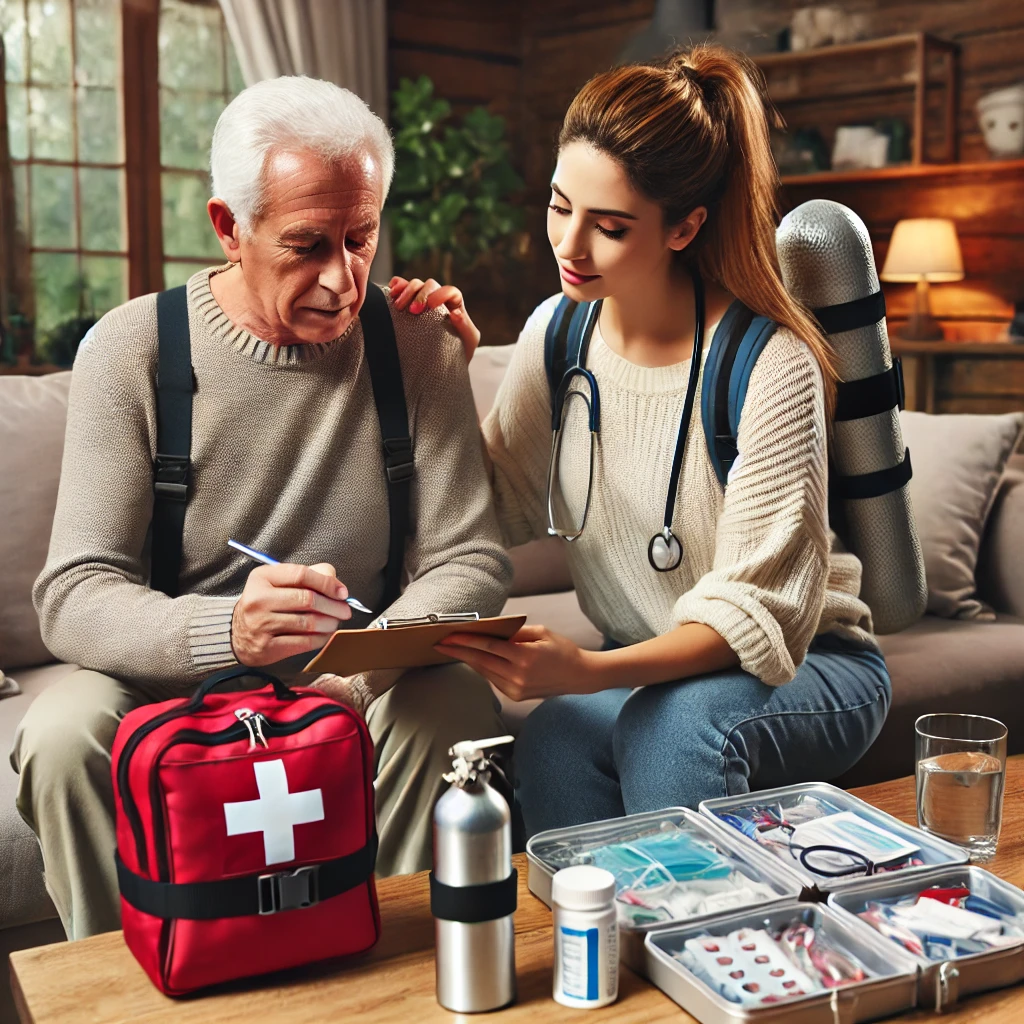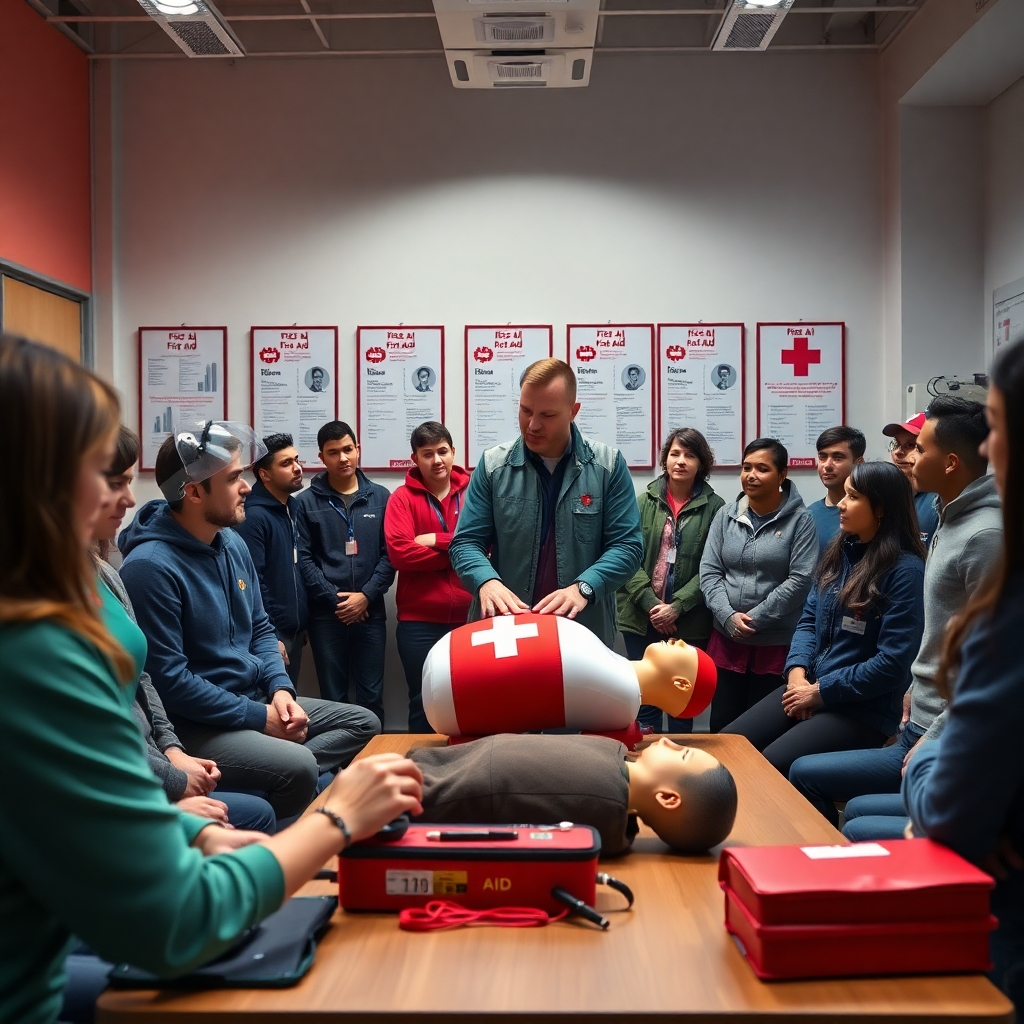Preparing for emergencies when a family member has a medical condition requires careful planning and consideration. This added layer of complexity demands a comprehensive approach to ensure their well-being and safety during unexpected situations.
Assessing Medical Needs
The first step in preparedness is assessing the medical needs of your family member. This includes:
- Understanding their medical condition and treatment requirements.
- Identifying essential medications and medical equipment.
- Noting dietary restrictions and other specific care needs.
Gathering detailed information will help in developing an effective emergency plan tailored to their needs.
Stockpiling Medications and Supplies
Ensuring a sufficient supply of medical necessities is critical:
- Maintain a stockpile of prescription medications and frequently used over-the-counter drugs.
- Keep extra medical equipment such as blood pressure monitors, glucose meters, or oxygen tanks.
- Regularly check expiration dates and rotate supplies to ensure usability.
Developing an Emergency Medical Plan
A well-structured plan ensures preparedness in various scenarios:
- Outline steps for administering medications and using medical devices.
- Keep a written summary of the medical condition, treatment plan, and emergency contacts in waterproof packaging.
- Prepare for different situations, including home emergencies, travel, or sheltering in place.
Training and Education
All household members should be familiar with:
- How to administer medication and operate medical devices.
- Basic first aid and CPR.
- Handling emergency medical situations.
Enrolling in professional training courses can provide essential skills to manage crises effectively.
Consulting Healthcare Providers
Maintaining open communication with healthcare professionals enhances preparedness:
- Discuss the emergency plan with doctors for additional guidance.
- Learn about possible medication adjustments during emergencies.
- Obtain written instructions for alternative care methods if professional medical help is unavailable.
Building a Support Network
Having a trusted network of friends, neighbors, or extended family can be invaluable:
- Inform them of the medical condition and how they can assist in an emergency.
- Ensure they have access to important medical information if needed.
Planning for Evacuation or Sheltering in Place
Consider logistics for both scenarios:
- If evacuation is necessary, ensure medical supplies and equipment are portable and accessible.
- If staying home, have a backup power source for essential devices like oxygen machines or refrigeration for medications.
Conclusion
Prepping for a family member with a medical condition requires careful planning, coordination, and education. By taking proactive steps, you can ensure their safety and improve outcomes in any emergency. A well-thought-out plan offers peace of mind and ensures that your loved one receives the necessary care during critical times.
We are a participant in the Amazon Associates Program. As an Amazon Associate we earn from qualifying purchases with no additional cost to you. We appreciate your support. Read our complete Affiliate Disclaimer here.



